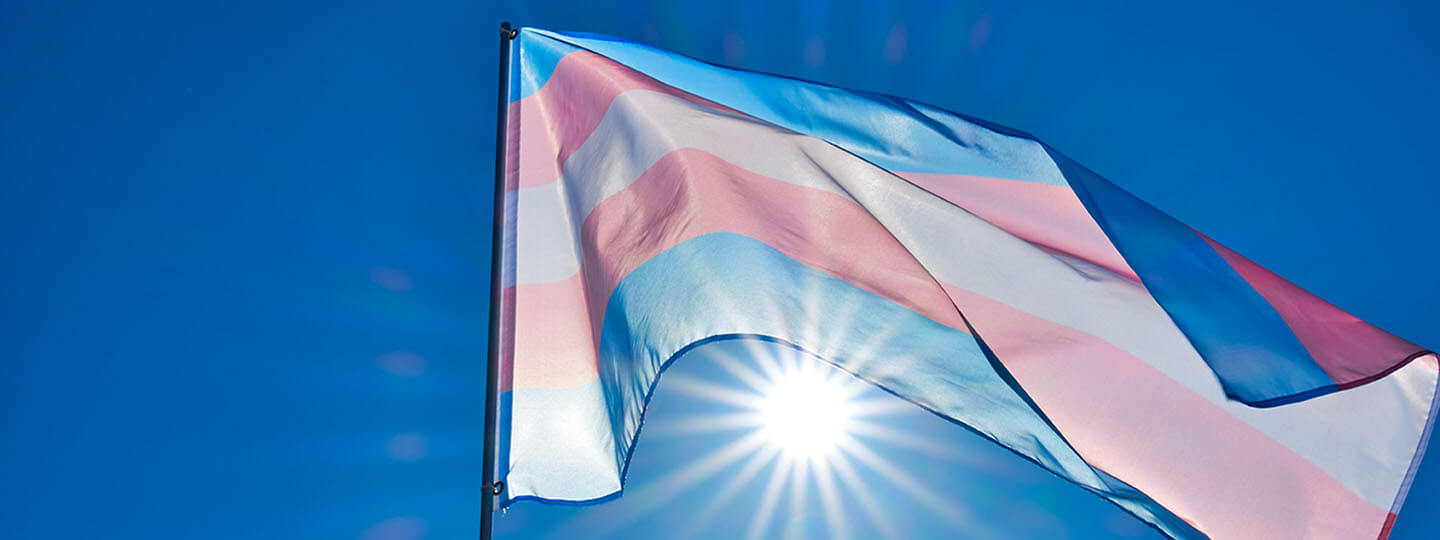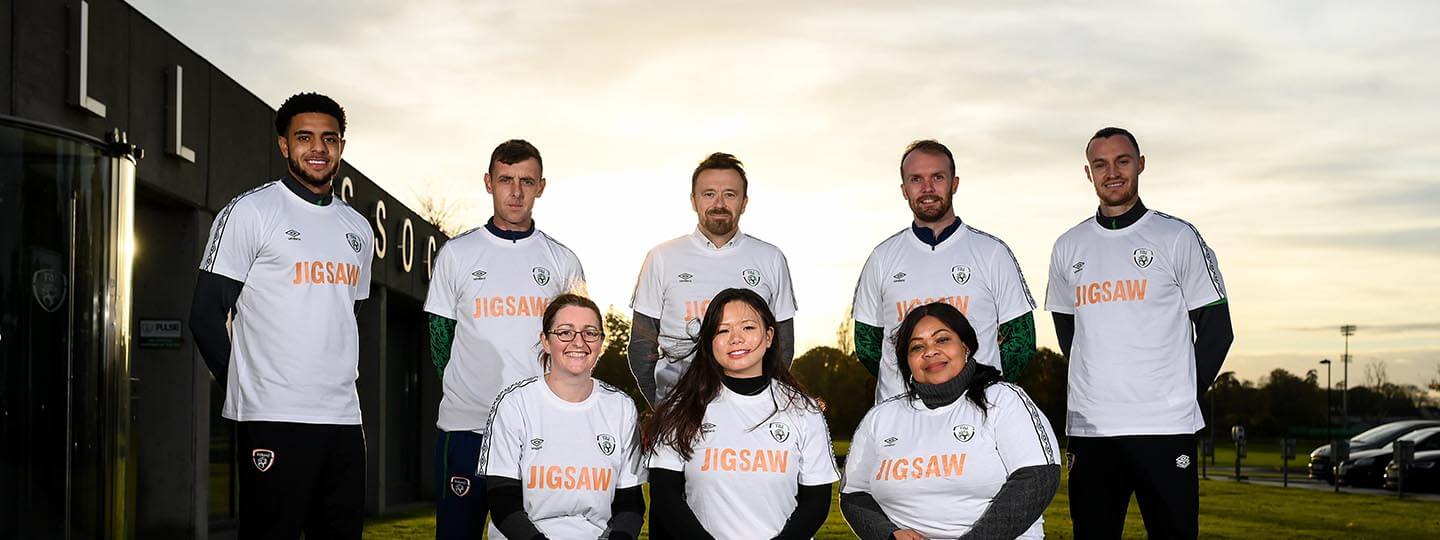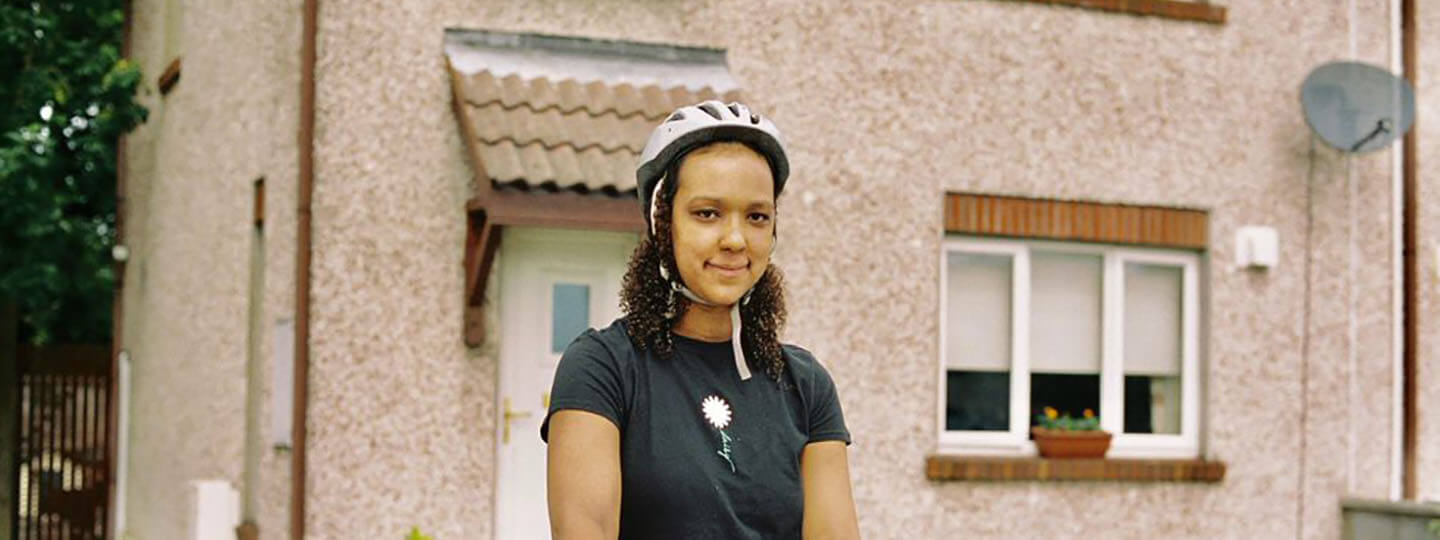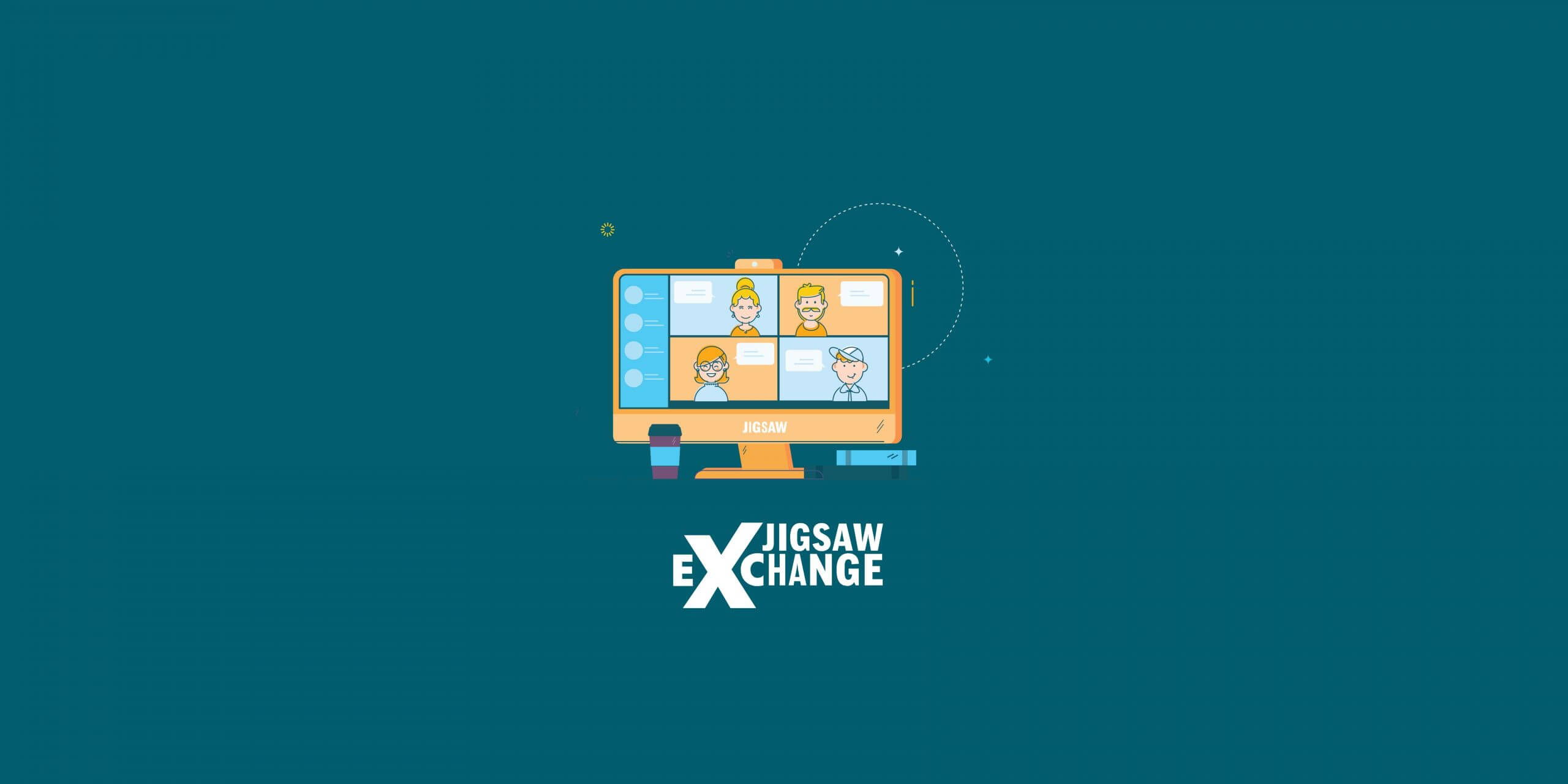Being transgender is when the gender you feel you are is different from the gender you were given at birth.
This also includes being non-binary which can mean not feeling like any gender, feeling both male and female, or feeling fluid in your gender in that you feel male and female at different times. It can also mean feeling partly or completely a different gender than either male or female.
Some people have a strong feeling of this from an early age and others aren’t aware until they are older.













